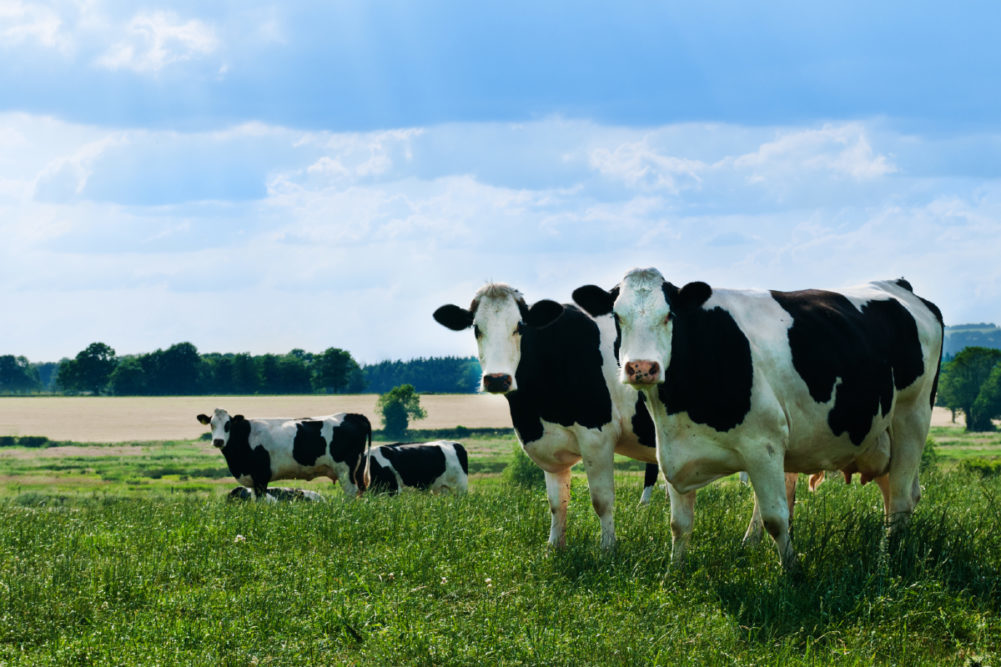BROOMFIELD, COLO. — The Colorado Department of Agriculture (CDA) issued mandatory statewide surveillance for commercial cow dairies to help mitigate the spread of highly pathogenic avian influenza (HPAI). The Colorado commissioner of agriculture issued an order for mandatory bulk-tank HPAI testing on July 22.
“We have been navigating this challenging, novel outbreak of HPAI in dairy operations for nearly three months in Colorado and have not been able to curb the spread of disease at this point,” said Maggie Baldwin, Colorado state veterinarian. “We have seen devastating impacts of this disease not only to our dairy industry, but our poultry industry as well. With the strong support of the dairy and poultry industries, we feel that this is the best next step in order to protect these vital industries in our state.”
The CDA noted that the state is now experiencing spillover of the dairy H5N1 strain into commercial poultry facilities. Two specific instances have been confirmed through genomic sequencing as well as one presumptive spillover event from dairy operations into commercial poultry operations, leading to the depopulation of over 3.2 million domestic chickens during July.
The statewide surveillance will fall under the joint supervision of the CDA and the Colorado Department of Public Health and Environment (CDPHE) with support from the US Department of Agriculture. It will remain in effect until further notice from the commissioner of agriculture or the state veterinarian.
During this time, all CDPHE licensed dairy cow facilities with lactating dairy cattle that produce products for human consumption will be required to submit weekly samples for testing. They will be tested by the Colorado State University Veterinary Diagnostic Laboratory.
“We appreciate the ongoing cooperation and partnership with both the poultry and dairy industries,” said Colorado Commissioner of Agriculture Kate Greenberg. “Mandatory surveillance of highly pathogenic avian influenza across all of Colorado’s Grade A commercial dairies is a critical next step to tamping down the virus and protecting the food system. Ongoing cooperation is key to supporting workers’ health and safety, protecting animal health and welfare, and minimizing the spread of the virus.”
Between April 2022 and March 2024, Colorado reported 33 poultry flocks impacted by HPAI, resulting in the loss of over 6.3 million birds.
In March, the USDA confirmed the detection of H5N1 in dairy cattle in the Texas Panhandle region. Since then, the virus has spread to 13 states, affecting more than 168 dairies. Currently, Colorado has the highest number of reported H5N1 cases in cattle in the United States, with 47 confirmed detections.
Earlier this month, Colorado reported detections of HPAI in five poultry workers, the first cases in poultry workers since 2022.
The Centers for Disease Control and Prevention (CDC) continues to state that risk to the general public is low, and that there is no evidence of virus transmission person to person.


